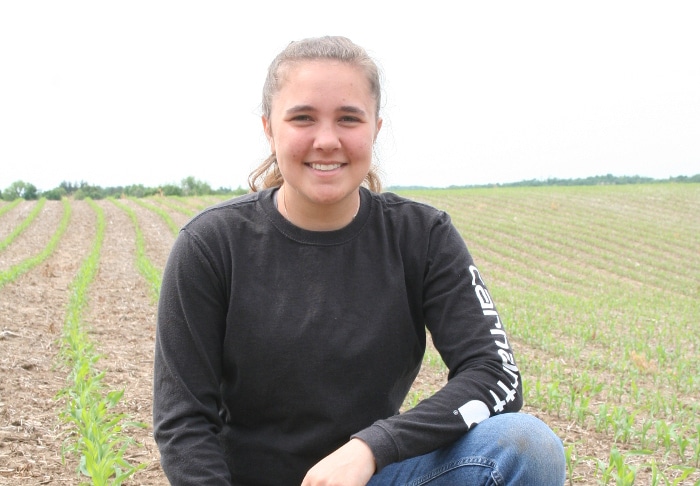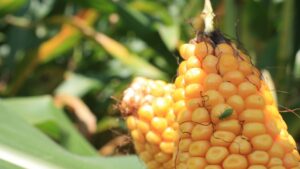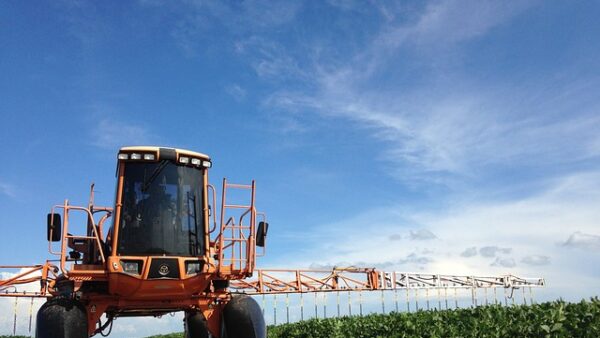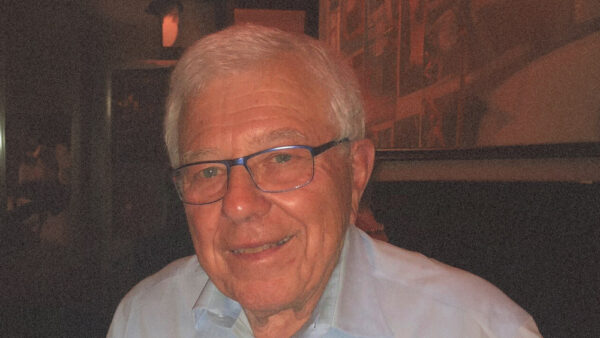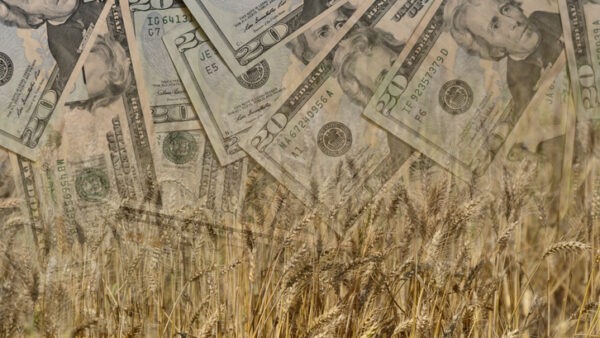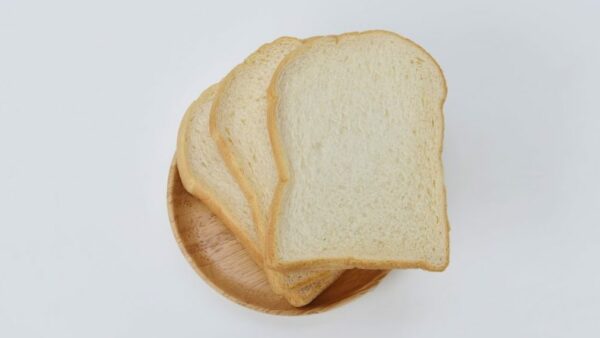Caitlyn Bruntz in a 2022 National Association of Plant Breeders Borlaug Scholar. She is from Baxter, Iowa. She is currently an undergraduate student at Iowa State University going into her junior year in agronomy and seed science. She has worked as a heavy machinery operator for a local farmer and in the Germination Lab at the Seed Science Center. She participated in the crops team contests which placed first in national competitions in the fall and spring. She has also had internships working with ServiTech as a crop scout and is currently a breeding intern at Bayer. Through the experience and knowledge she will have gained at Iowa State, she aspires to bring new innovations and insights that will be able to sustainably provide nutritional food to people around the world.
What is one thing not many people know about you or would be surprised to learn, and does this one thing influence your plant breeding work?
Not growing up on a farm is an aspect of my life that people may be surprised to hear about. I lived in a small, rural Iowan town surrounded by corn and soybean fields, but I rarely experienced what was around me in my youth. This drives me to spend more time understanding the farmers’ perspective and to have my boots in the field.
Tell us about your work and why it matters. How could your work make a difference in the world?
A large portion of my work has involved crop scouting and being out in the fields to assess pests, spray damage, deficiencies, or other possible concerns. That has begun to evolve into more of a data science and innovation role involving UAVs and analytics. Nevertheless, the necessity of having eyes on the crops remains. Understanding what is occurring in fields and articulating that will enable me to better grasp the germplasm available or changes needing to be made to better serve the vast differences in environment, end product goals, and input costs of growers.
Where did you grow up and did your early life influence your decision to enter plant breeding? If so, how? If not, when did you catch the plant breeding bug? Tell us that story.
I was raised in the small farming community of Baxter, Iowa. I had next to no experience of anything agriculture-related going into my sophomore year of high school. My guidance counselor advised me that I would need to fill another class with two choices of either art or agronomy. Having not an iota of desire to take an art class, I picked agronomy without any idea of what that word meant.
However, once I began to learn and be active in the classroom, thanks to my outstanding and caring teacher who was a local farmer, the spark for pursuing a career in agriculture ignited in me. I joined FFA and signed up for more agricultural classes to round out my high school career before attending Iowa State University — with a major in agronomy.
What’s your crop of choice? What fascinates you about it and why?
I am currently not dedicated to any specific crop. However, my experience so far has been primarily in corn and soybeans. I am amazed by the versatility of these crops. They have multiple uses from human food to fuel and even plastic. Also, the yield potential of these crops is intriguing. The yield for corn has increased six-fold across the U.S. since around the 1900s and doubled for soybeans since the 1960s. I strive to be a part of continuing this trend.
What’s next for you in your area of interest and why?
Finishing my undergraduate degree will be the first step in achieving the above-said goal of bolstering the yield for row crops. After, I hope to pursue this further through the possibility of graduate school enabling me to gain valuable experience and knowledge in the areas of agronomy, plant breeding, and the nature of research.


